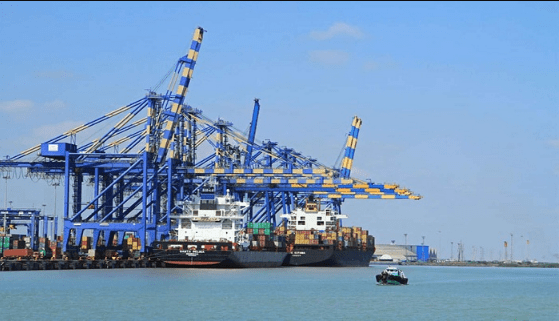India’s largest private multi-port operator, Adani Ports and Special Economic Zone Ltd said on Tuesday it could abandon a Myanmar container terminal project and write down the investment if it is found to be in violation of sanctions imposed by the United States.
“In a scenario wherein Myanmar is classified as a sanctioned country under the Office of Foreign Assets Control (OFAC), or if OFAC opines that the project violates the current sanctions, (Adani Ports) plans to abandon the project and write down the investments,” the company said in a filing to exchanges on Tuesday.
OFAC, part of the U.S. Treasury Department, administers and enforces economic and trade sanctions based on the country’s foreign policy.
A military coup in Myanmar on Feb. 1 and an ensuing crackdown on mass protests in which hundreds have been killed has drawn international condemnation and sanctions on military figures and military-controlled entities.
Adani Ports last year won a bid to build and operate Yangon International Terminal, which it has said is an independent project fully owned and developed by the company.
An Australian human rights group in March released a report citing documents purporting to show that an Adani unit will pay up to $30 million in land lease fees for the project to the Myanmar Economic Corporation (MEC), one of two military-controlled conglomerates sanctioned by the United States.
Adani did not comment on the lease payments detailed in the report at the time.
“Adani Ports has a zero-tolerance policy on sanctions and will ensure that there is no contravention of the US and other sanctions,” it said on Tuesday, adding that it has engaged U.S.-based law firm Morrison Foerster to ensure compliance.
It said it has invested $127 million, including a $90 million upfront payment for leasing land, and employs about 300-350 people at the site directly and through sub-contracts.
A write-down would not have a material impact as the project accounts for only about 1.3% of the company’s total assets, it said.
